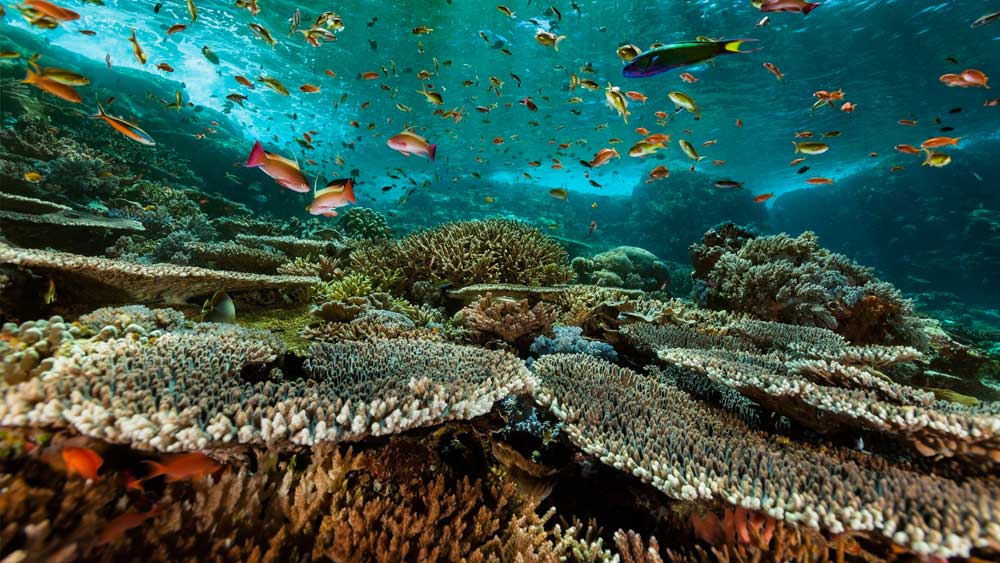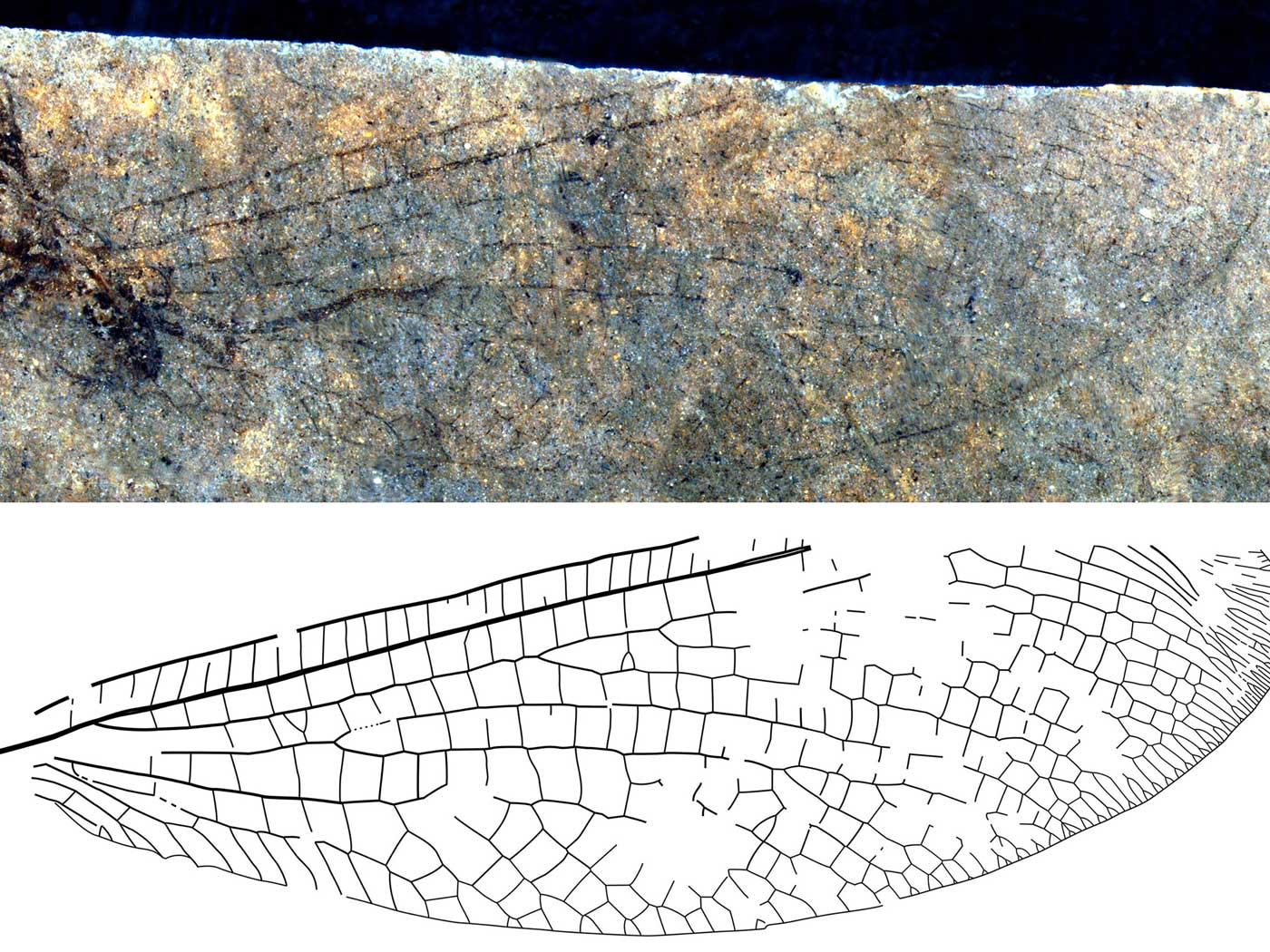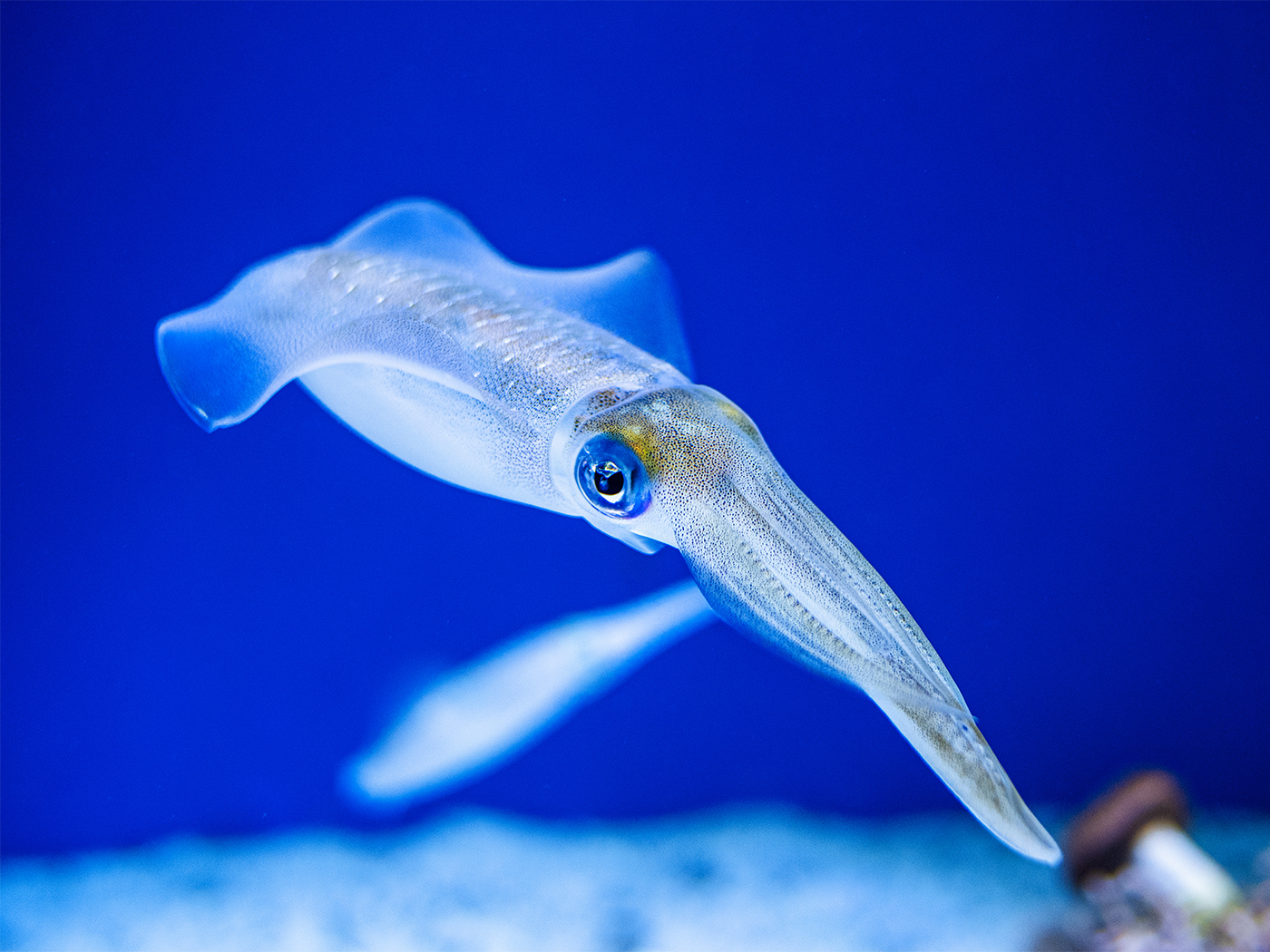In centuries past, our pristine oceans teemed with schools of fish, and whales thrived. But today, our oceans take a beating. Literally tons of waste are dumped into the oceans every year—industrial waste, sewage waste, and even radioactive waste. Two near-islands of garbage, called the western and eastern Great Pacific Garbage Patches (each spanning many square kilometers), swirl in the North Pacific Ocean.1 Will we ever be able to clean the oceans? A new “landmark” international study published in Nature shows how we could restore them—in one generation.2
The study included expert marine scientists from four continents, ten countries, and 16 universities. First, good news: Hunting restrictions on endangered marine creatures have worked. For example, intense whaling during the 19th and 20th centuries brought western south Atlantic humpback whales to the edge of extinction. But now they are making a comeback, from just 450 recorded in the wild to around 25,000.3 That’s still not a lot, but it’s a significant improvement and shows that restoration efforts make a difference to marine life.
The Nature study used evidence from these kinds of conservation efforts to discover how best to clean our oceans. According to Phys.org, “The researchers identified nine components integral to rebuilding marine life, salt marshes, mangroves, seagrasses, coral reefs, kelp, oyster reefs, fisheries, megafauna and the deep sea.”4
In response to these components, the researchers suggested six interventions called “recovery wedges.” They are: protect species, harvest wisely, protect spaces, restore habitats, reduce pollution, and mitigate climate change. Generally, ICR thinks that climate change is happening, although it is minimal and mostly related to fluctuating sunspots.5
According to the study authors, if we make concentrated efforts to enact these kinds of conservation tactics, we could restore the oceans to pre-industrial conditions by 2050.
As stewards of the Earth, we are responsible for protecting our environment. Of course, we shouldn’t let our value of the environment supersede our value of human life, but we can make concentrated conservation efforts to clean our oceans.
Is it possible to restore our oceans to the way they once were? We can be hopeful—and at least try.
References
1. Great Pacific Garbage Patch. National Geographic. Posted on nationalgeographic.com, accessed April 3, 2020.
2. Duarte, C. Rebuilding marine life. Nature. 580: 39–5.
3. Ma, M. Humpback whale population on the rise after near miss with extinction. ScienceDaily. Posted on sciencedaily.com October 21, 2019, accessed April 3, 2020.
4. Staff Writer. Landmark study concludes marine life can be rebuilt by 2050. Phys.org. Posted on phys.org April 1, 2020, accessed April 3, 2020.
5. Hebert, J. 2020. Cosmic Rays, Sunspots, and Climate Change, Part 1. Acts & Facts. 49(3); Hebert, J. 2020. Cosmic Rays, Sunspots, and Climate Change, Part 2. Acts & Facts. 49(4).
*Truett Billups is an editor at the Institute for Creation Research.

New Study: How to Clean Our Oceans by 2050
The Latest
A “Just-so” Story About Ancient Genes
An evolutionary website recently published “a groundbreaking study” that supposedly identifies a basic, uncomplicated, “simple”...
CREATION PODCAST
Dinosaurs with Bird Brains??? | The Creation Podcast: Episode...
Evolutionists claim that birds are descended from dinosaurs. A feature that is often cited as linking these two types of creatures is the brain....
CREATION.LIVE PODCAST
From Ruins to Revelation: Truths Revealed Through Biblical Archaeology...
The Bible is full of people and places that are seemingly lost to time, but through the field of archaeology, new finds are shedding light on the incredible...
Bergmann’s Rule Falsely Refuted
A recent study of dinosaur sizes claims to break Bergmann’s rule.1 Bergmann’s rule was named after biologist Carl Bergmann, who...
New Shark Fossil from Arkansas
The fossil record contains a plethora of shark teeth, but fossilized shark skeletons are exceptionally rare. When they are found, though, they are always...
Photosynthetic Proteins Power Plants
Some scientists think the photosynthetic process is all but figured out since the discovery of more details regarding the place, assembly, and function...
CREATION PODCAST
Uncovering the Secrets of Earth's Oceans | The Creation Podcast:...
The oceans cover most of our planet's surface. Uniformitarians claim the oceans are nearly 4 billion years old, but the evidence says otherwise.
Host...
A Giant Ichthyosaur: Largest Ever Marine Reptile?
Paleontologists have discovered portions of a giant ichthyosaur’s lower jawbone on Blue Anchor Beach at the southern entrance to the United Kingdom’s...
New Titanosaur Species Discovered in Uruguay and Argentina
The pre-Flood world had some truly massive dinosaurs, and the largest of them were in the group Sauropodomorpha.1 Within this group were...




















